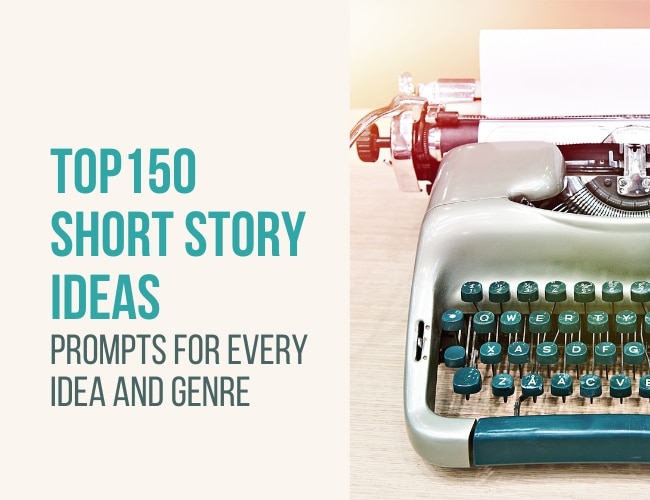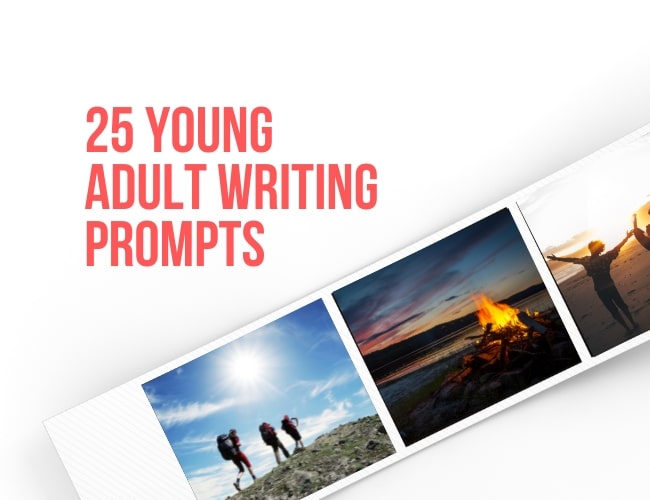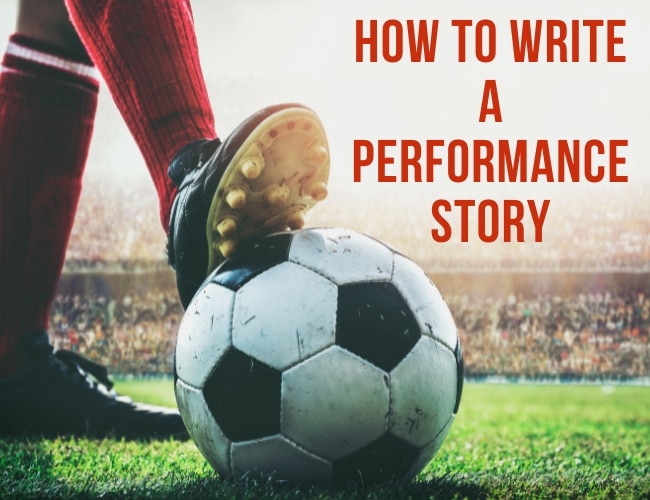
by Joe Bunting |
Do you want to write but just need a great story idea? Good news! Below are 150 short story ideas for all your favorite genres. You can use them as writing prompts for writing contests, for stories to publish in literary magazines, or just for fun!
Get started writing with one of these short story ideas today.

by Ruthanne Reid |
Your story’s setting includes everything that affects your characters. It is the environment in which they live, breathe, and find meaning. It is where they fail and learn to succeed. All this to say, your story’s environment matters.

by Sue Weems |
Some of the books that make the biggest impact on us as readers are the books we read as children and teens. If you want to write for teens, today we have some young adult YA writing prompts to get your creative juices flowing. Use one of these story ideas to write your own YA story!
by Joe Bunting |
A plea for help from the founder of The Write Practice.

by Elizabeth Nettleton |
Performance or sports stories are one of the most inspiring story types. Full of passion and determination, the characters in performance stories strive against all odds to achieve their goals and earn the respect of those around them. Today, we’re going to explore how to write a performance story that has your reader cheering.




